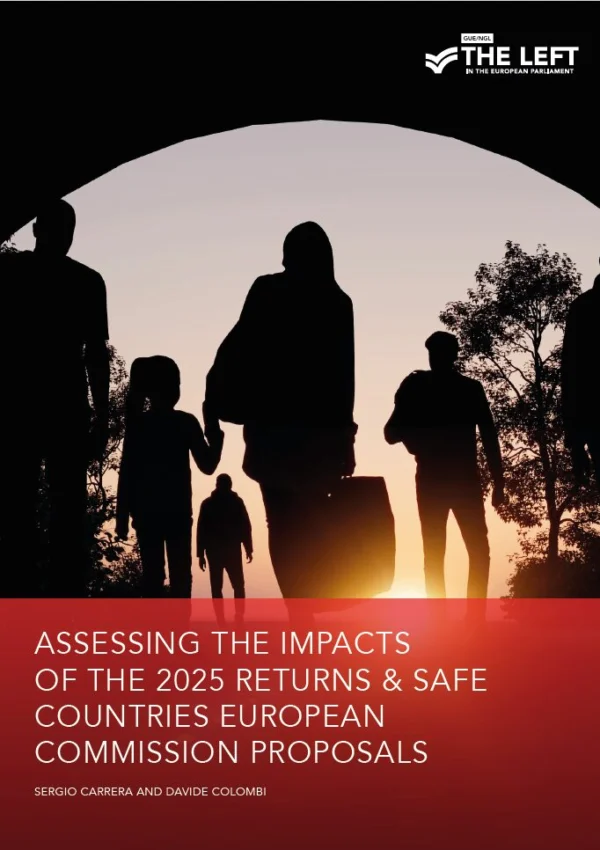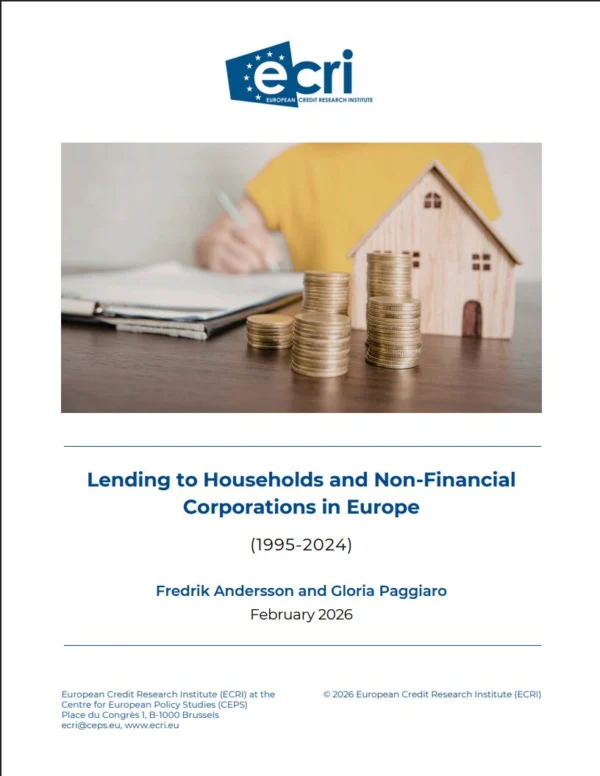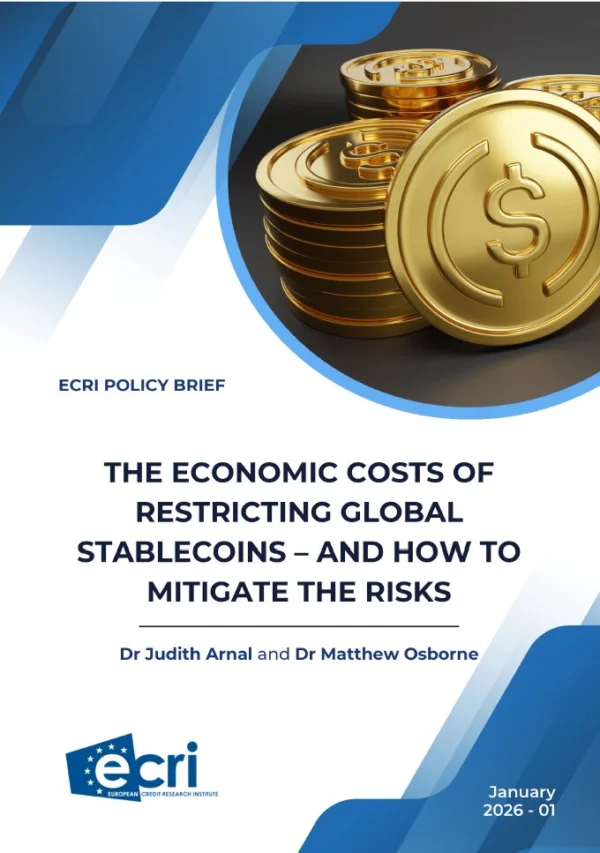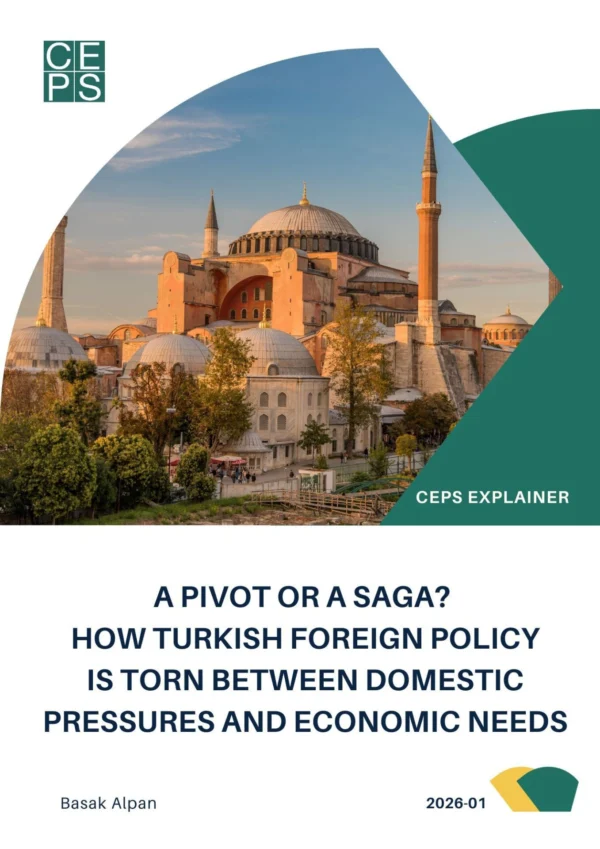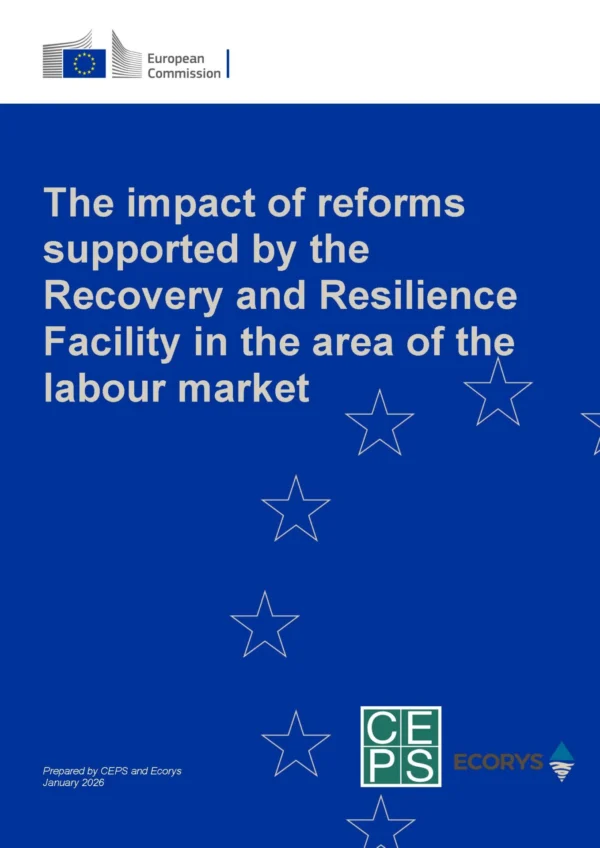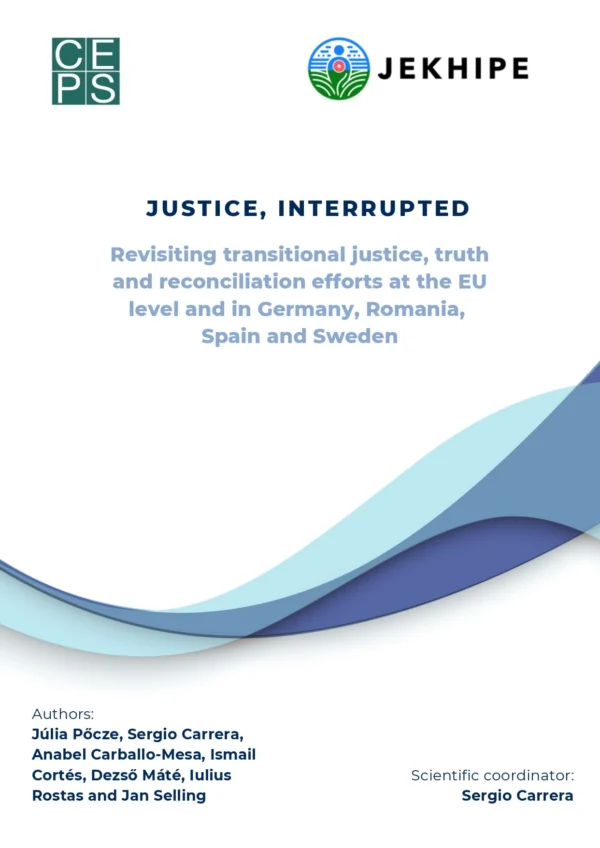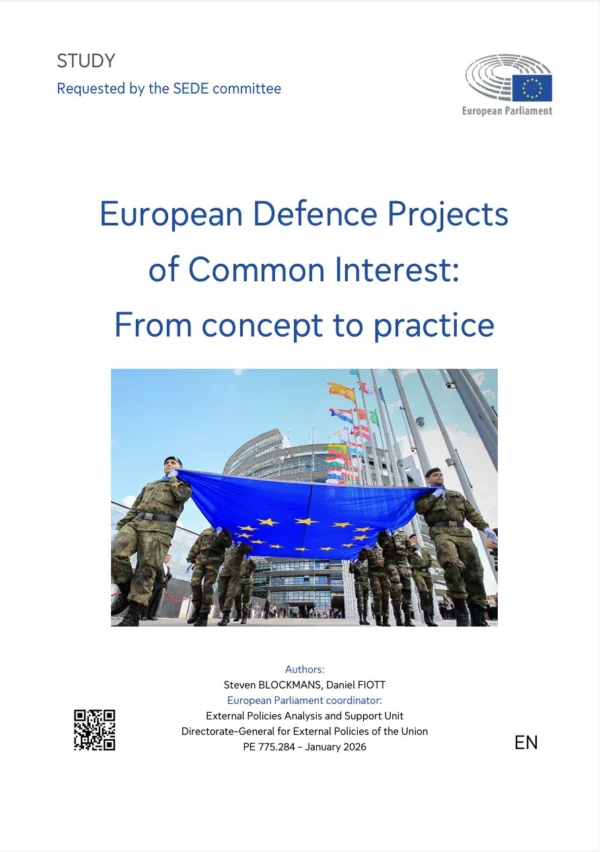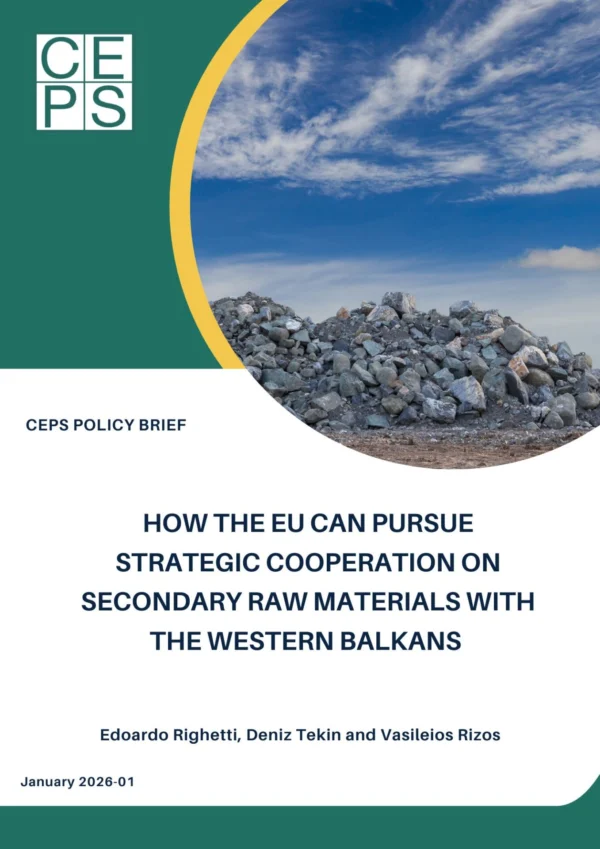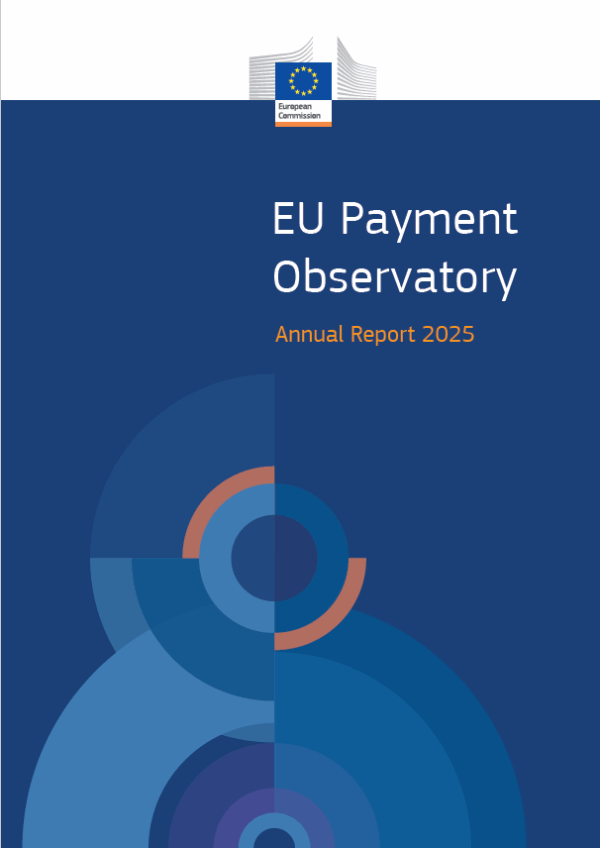Author: Doru Peter Frantescu
Series: EPIN Commentary No. 32
After a passionate two-day election, Alexander Van Der Bellen (supported by the Greens) narrowly defeated his far-right wing opponent, Norbert Hofer (Freedom Party of Austria or FPÖ), thereby becoming Austria’s new President (50.3% vs 49.7%). Notably, the ecologist candidate only managed to win thanks to the postal votes counted on the day after the polls closed, whereas anti-EU Hofer was still leading by some 144,000 votes on the previous evening. Such a narrow defeat is likely to have long-term implications for Austrian and European politics.
Most importantly, these elections showed that the consensus for the far right in Austria is stronger than thought in Brussels and in the other member states. They also showed that the FPÖ will have the opportunity to build on this success in order to boost its performance at the next parliamentary elections. A large majority of people living in the countryside backed the tough stance of the 45-year old candidate on refugees and the EU. With almost 50% of the population expressing strong disaffection with the political system, the mainstream parties will have to take their concerns much more account if they want to avoid a catastrophe in the next round of elections.
In particular, as was revealed by VoteWatch’s recent analysis, opposition to TTIP is greater in Austria than in any other EU member state. At this point, it is difficult for the government to approve the trade agreement without losing further ground to the far right, which explicitly opposes the agreement. In particular, a large majority of ÖVP’s electors (Austria’s Peoples Party, a member of the EPP group) holds a negative view of the proposed transatlantic pact. Also, the new Green President is quite sceptical about TTIP and the Presidential elections only strengthened the anti-TTIP camp in Austria (for more information on the positions of the main candidates and political parties in Austria, see special VoteWatch report).
Despite the final defeat, the pressure from FPÖ on the parties in the government will increase further, in particular with regard to the stance on the migration crisis. The previous Faymann government already threatened to take drastic measures to stem the influx of refugees from the Italian border, namely the closure of the Brenner Base Tunnel. Such tensions can also be further kindled by the recent electoral result. Being a son of refugees himself, the newly elected President Der Bellen opposes the imposition of a quota on the number of refugees to be received in the Alpine country and will likely counter any stiffening of the government’s position over the welcoming of refugees from war-torn countries. Although the President plays a largely ceremonial role, his position is supported by the Green Party, which has been emboldened by the electoral success of its figurehead.
The FPÖ is currently leading by a wide margin in the opinion polls for the next legislative elections to be held in or before 2018. If such a result materialises, then the participation of FPÖ in the next government would be likely, probably in partnership with the Christian Democrat Austrian People’s Party. However, the new President has repeatedly claimed that he will never appoint an FPÖ-led government. Such a perspective would likely lead to a political crisis, whose consequences would be felt far beyond Austria’s own borders.
More broadly, while a bigger disaster for the European project has been avoided at the last minute, the close results of the Presidential elections in Austria will be used to fuel the enthusiasm of other growing far-right and Eurosceptic parties, which are campaigning for Brexit in June or will run in important elections in France and Germany in 2017. Brexiteers have been narrowly denied an extraordinary chance to capitalise on the victory of an anti-EU candidate in Austria, although they will still try to make the most out of his strong performance.
The Eurosceptic party Alternative for Germany and the French National Front are both set to score a good result in the upcoming elections in Germany and France. As these two countries are often considered to be the drivers of European integration, 2017 will be an important year for the European Union as a whole and the final outcome of these elections will have a decided impact on the course of European politics for the next few years.
EPIN Commentaries offer concise, policy-oriented insights into topical issues raised by the debate on the political integration of Europe. The European Policy Institutes Network (EPIN) is a network of think tanks and policy institutes based throughout Europe, which focuses on current EU political and policy debates (see http://www.epin.org). Unless otherwise indicated, the views expressed are attributable only to the authors in a personal capacity and not to any institution with which they are associated.
Available for free downloading from the CEPS (www.ceps.eu) and EPIN (www.epin.org) websites
© Copyright 2016, EPIN
Doru Peter Frantescu is Director & co-founder of VoteWatch Europe. This paper was first published on 24 May 2016 on http://www.votewatch.eu



